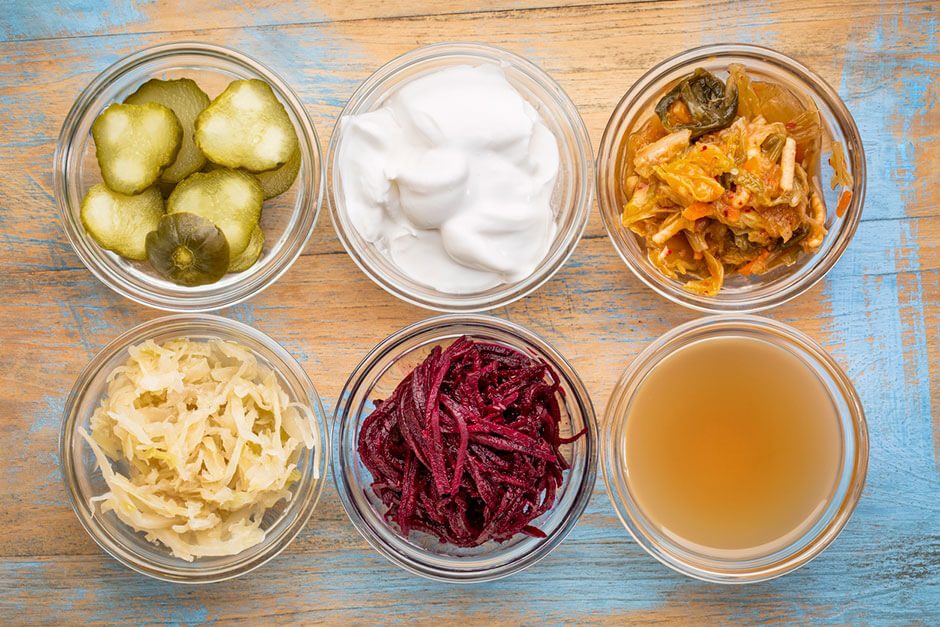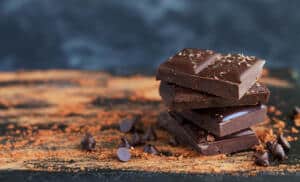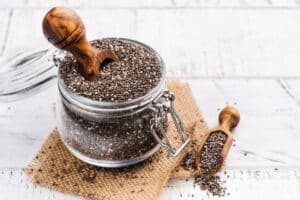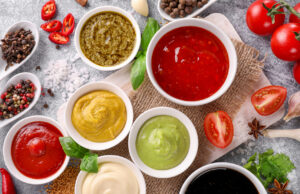There is a lot of hype these days on probiotics and prebiotics. In fact, Prime Women has featured probiotics in a number of articles over the years, including the importance of taking them. But what about prebiotics … what distinguishes the two, and why should we care?
Probiotics
Probiotics are the live beneficial bacteria and yeasts created by the process of fermentation that are good for your digestive system by colonizing your gut with health-boosting microorganisms. Robust microorganisms in the gut:
- Produce vitamins such as K and some B
- Turn fibers into short-chain fats that perform metabolic functions.
- Stimulate the immune system to help prevent unwanted bacteria.
The critical issue for probiotics is not how many bacteria but how many different strains of bacteria. Different strains have distinct functions, concentrating in various places along the digestive tract, so they all work synergistically. The three most important strains are:
-
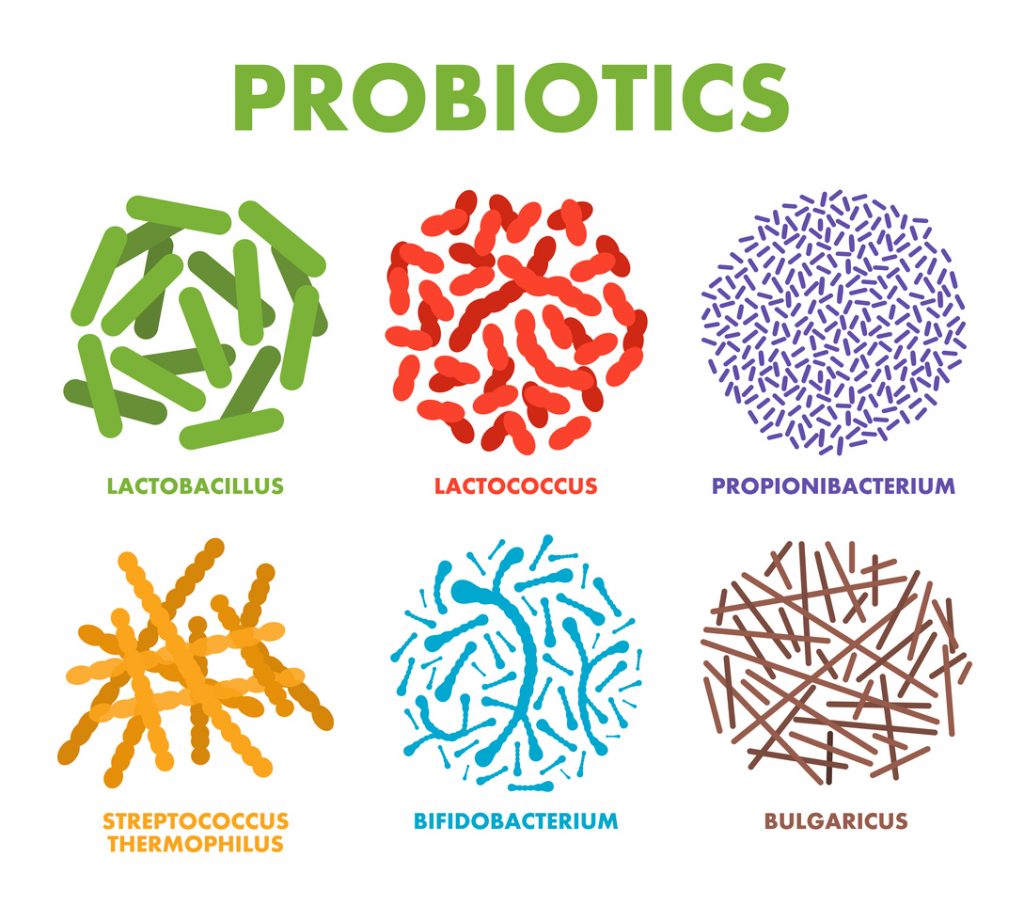 Acidophilus—This is the most important strain of the Lactobacillus species, and it readily colonizes on the walls of the small intestine. It supports nutrient absorption and helps with the digestion of dairy foods.
Acidophilus—This is the most important strain of the Lactobacillus species, and it readily colonizes on the walls of the small intestine. It supports nutrient absorption and helps with the digestion of dairy foods. - Longum—Like L. acidophilus, B. Longumis is one of the most common bacteria found in the digestive tracts of adults, and it helps maintain the integrity of the gut wall. It is particularly active as a scavenger of toxins.
- Bifidum—This strain, found in both the small and large intestines, is critical for the healthy digestion of dairy products. This is especially important as we grow older and our natural ability to digest dairy declines. B. bifidumalso is important for its ability to break down complex carbohydrates, fat, and protein into small components that the body can use more efficiently.
In essence, the probiotics keep substances from ‘leaking’ into the body and provoking an immune response.
While the benefits have not yet been conclusively demonstrated, preliminary evidence suggests two important health benefits:
- Prevents diarrhea
- Improves irritable bowel syndrome symptoms
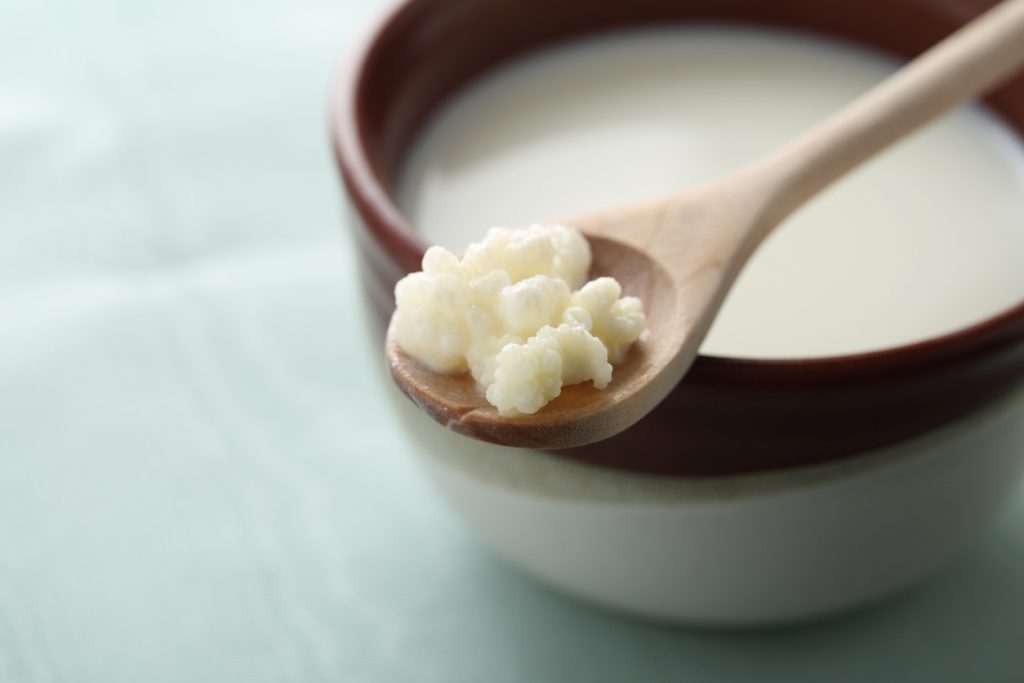
Good sources for probiotics are:
- Yogurt
- Kimchi
- Kombucha
- Tempeh
- Sauerkraut
- Kefir
- Some non-pasteurized pickled food
Prebiotics
Prebiotics, on the other hand, are high-fiber, non-digestible foods that act as food for microflora, which helps improve microorganism balance in the gut.
As prebiotics make their way through the stomach without being broken down, they bring about positive changes in the digestive tract and organs, essentially becoming fuel for beneficial gut bacteria.
Simply put, prebiotics feed probiotics. They work together to maintain the balance and diversity of intestinal bacteria, especially by increasing the presence of good bacteria.
Believed benefits:
- Lower risk of cardiovascular disease
- Healthier cholesterol levels
- Improved digestion and better gut health
- Lower stress response
- Better hormonal balance
- Higher immune function
- Lower obesity risk
- Lower inflammation
- Protected bone health
Good sources for prebiotics are:
 Acacia gum
Acacia gum- Raw chicory root
- Raw dandelion greens
- Raw garlic
- Raw leeks
- Raw jicama
- Raw or cooked onions
- Raw asparagus
- Under ripe bananas
- Oats
- Barley
- Raw or cooked Jerusalem artichokes
The Bottom Line
A good metaphor for probiotics and prebiotics is that seeds – the probiotics – flourish because of water and fertilizer – the prebiotics. Scroll down in this article for a good video explanation of both. The bottom line is that adding both probiotics and prebiotics to your diet is an affordable way to potentially achieve better digestive health as well as other health benefits.
Top Products for a Healthy Gut
Seed’s DS-01® Daily Synbiotic
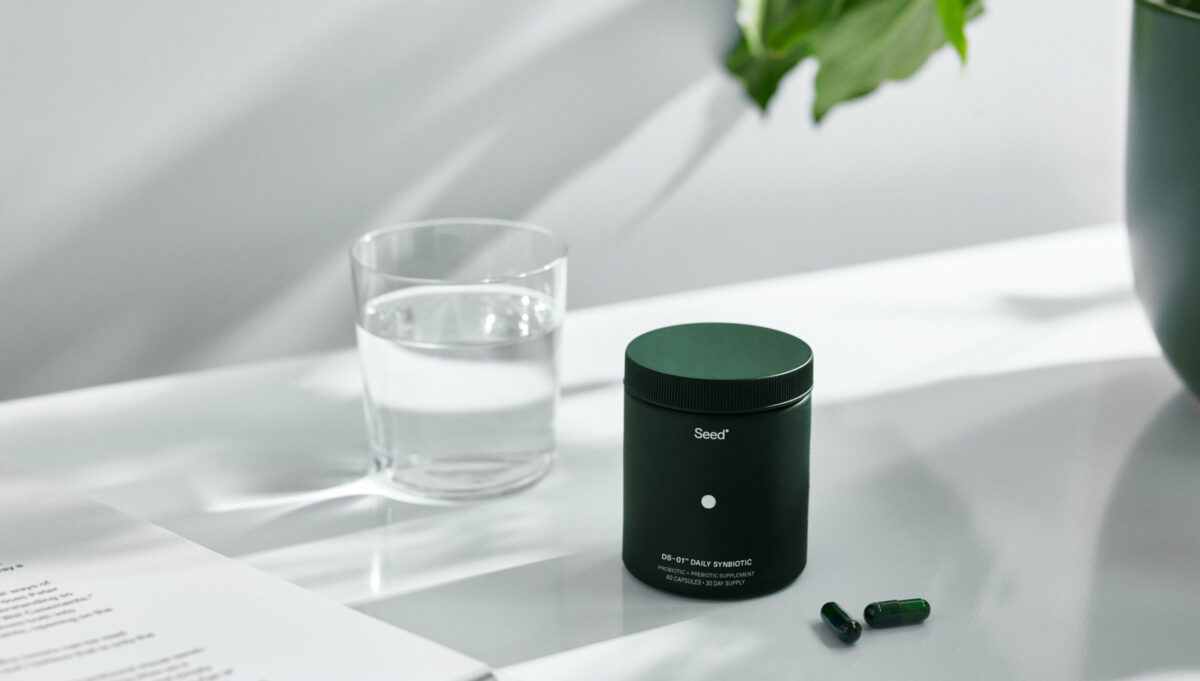
Seed’s DS-01® Daily Synbiotic is a 2-in-1 probiotic and prebiotic formulated with 24 clinically and scientifically studied strains to promote whole-body benefits, including regularity, ease of bloating, gut immune function, gut barrier integrity, glowing skin, and heart health.
TruBiotics Women’s Sugar-Free Probiotic Gummies + Collagen
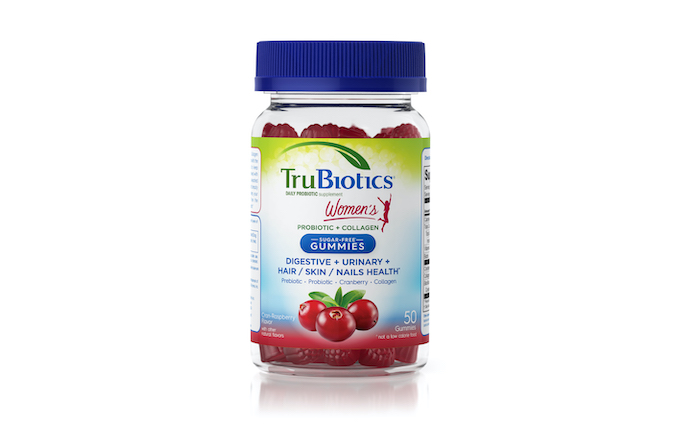
TruBiotics Sugar-Free Probiotic Gummies for Women contains a powerful combination of probiotics, collagen, cranberry, and prebiotics to support women’s evolving health. When taken daily, they aid in optimal digestive health with the most clinically studied Bacillus probiotic and provide additional benefits of collagen, beauty actives, biotin, and Vitamin C, playing an important role in maintaining skin health and supporting healthy nails and hair health. These probiotics also guard the urinary tract against unwanted bacteria with the 500 mg of cranberry fruit extract it includes.
Read Next:
Top 10 Home Remedies for Leaky Gut

